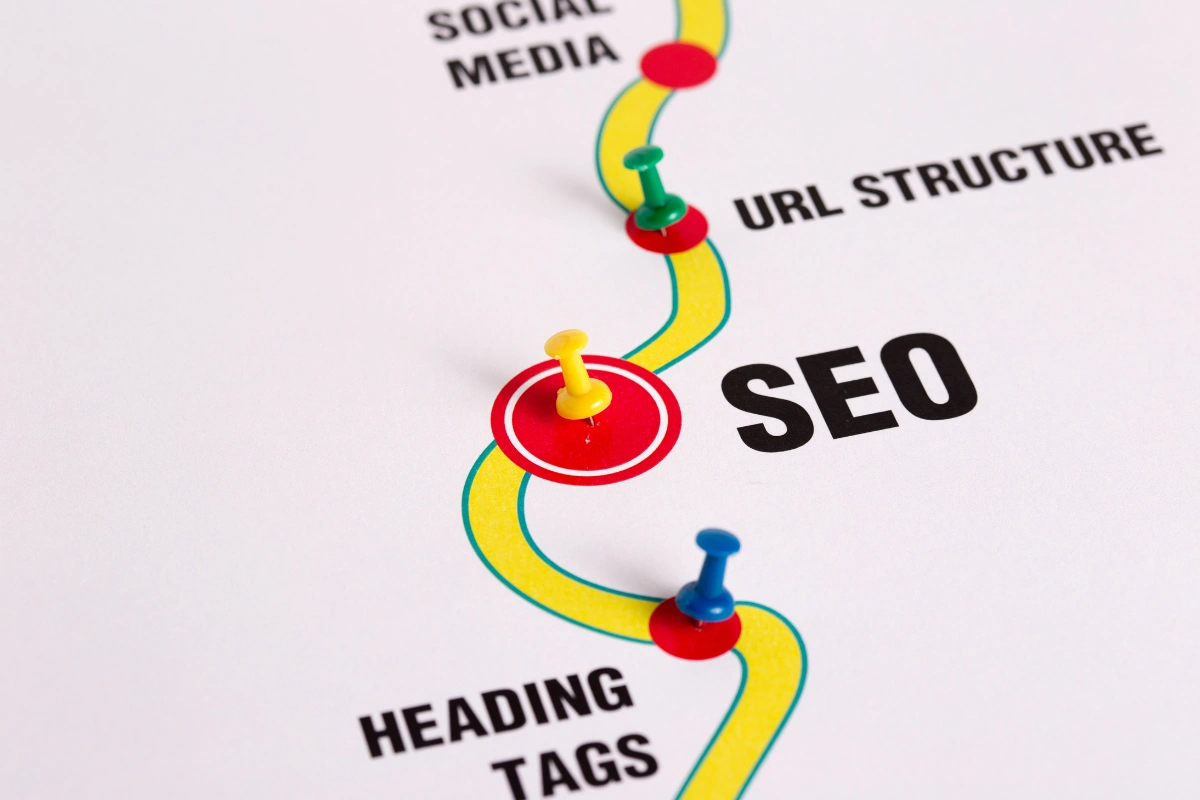When you want your website looking absolutely great and perform briliianty, you should go to a professional web designer whose can make your website as userfriendly as possible.
How do you find a web designer or UI engineer who can deliver the intended experience your users are looking for? This article takes a look at the key considerations, required skills, and other things you may want to consider during the selection process.
WHATS THE ROLE OF A WEB DESIGNER?
Good web design isn’t just about aesthetics. Your site’s user interface (UI) is what attracts and retain customers. While many web designers also have development skills, a web designer isn’t the same as a web developer. A web developer is responsible for taking care of the technical elements of a website:
Front-end development: Working with the programming code that creates a framework for the site’s appearance (e.g. HTML, CSS, JavaScript, PHP, jQuery).
Back-end development: Works on the server, database, and server-side applications. In short: the environment that keeps your website or dynamic web application running .
A web designer is the role that makes all of this look good and makes sense to use. They usually use languages that shape a site’s aesthetics: HTML, CSS, and JavaScript. That said, it isn’t rare to find one person who are good at both. Just make sure you’re looking for a web designer or company with the right skillset for your project.
DEFINING YOUR PROJECT SCOPE
Deciding which skills you’re looking for is one of the main purposes for a creative brief document you can share with the designer that includes all the contextual information needed to understand the end result you seek. These details may include:
- Information about your business, partnerships and agency information.
- A high-level summary of your project: What it is, and why it’s being created ?.
- A list down of the goals and any objectives that must be met in order to complete the project.
- Your target audience.
- Any deliverables – A wordpress website/ magento website etc.
- competition
- Details about your brand, including tone, style, and design guidelines.
- A timeline, including any key milestones.
- The project budget and intended payment plan.
- Key stakeholders who should be in the review process.
A Well thought and well-defined creative brief will help your project run more smoothly and result in adding more value for your investment.






